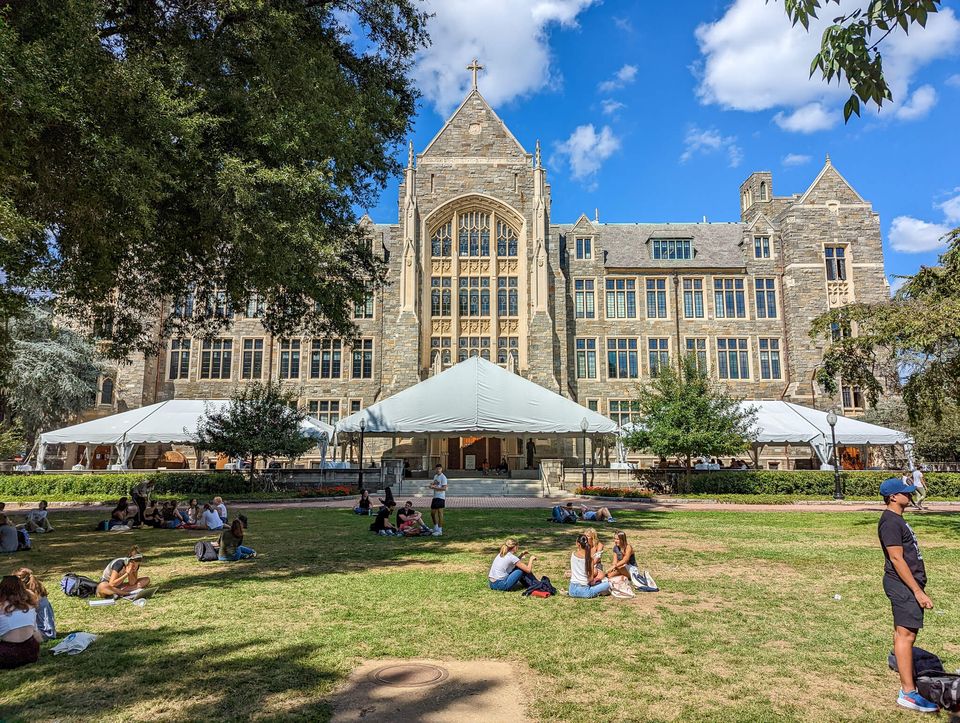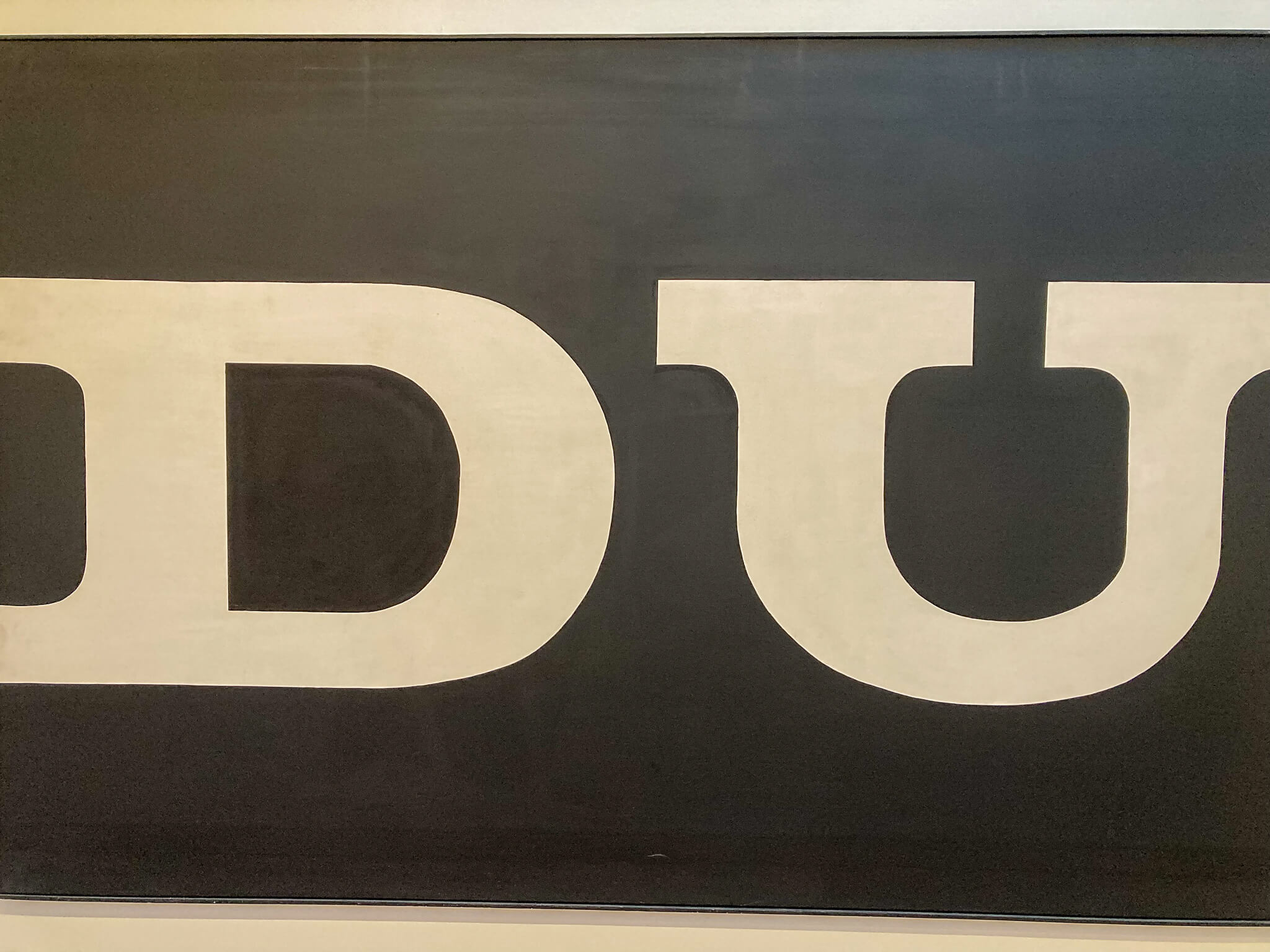The Downside to Academic Life in the United States

Greetings fellow travelers.
I used to have only good things to say about university teaching. When I was a student at Rensselaer Polytechnic Institute (RPI) in pursuit of my MBA in Science and Technology, I thoroughly enjoyed my time there. Twenty years on, I switched to the other side of the lectern with the fond memory of what made for a good student experience. I have been a lecturer associated with the University of Zurich since 2013. More recently, I started a Visiting Researcher semester at Georgetown University. A lot has changed since my student days in the United States.
For one, I can see that teaching at a Swiss university is not the same as teaching in the United States, for the simple reason that free speech rights are less secure in the U.S. As a lecturer on U.S. constitutional law, it pains me to say this. But ample evidence supports my claim.
Free Speech is Not a Given
The Foundation for Individual Rights and Expression (FIRE) has been pursuing a mission to promote academic free speech for over 20 years. In their words:
FIRE’s mission is to defend and sustain the individual rights of all Americans to free speech and free thought—the most essential qualities of liberty. FIRE recognizes that colleges and universities play a vital role in preserving free thought within a free society. To this end, we place a special emphasis on defending the individual rights of students and faculty members on our nation’s campuses
Among other things, FIRE publishes College Free Speech Rankings each year. Their rankings compare the culture for free speech at some 200 top colleges in the U.S., looking at a host of student attitudes about free speech as well as administration behavior. See details on their methodology here.
In the latest 2022-2023 College Free Speech Rankings, I was dismayed to see that both Georgetown and RPI are at the very bottom of the rankings. They come in at 200th and 201st, respectively, with only Columbia and the University of Pennsylvania performing worse.
I then saw that RPI was awarded the 2020 Lifetime Censorship Award, which you will understand is not a distinction one wants to receive:
This “honor” goes to the one college or university that is so frequently discussed as a contender for our annual worst colleges for free speech list that it deserves special recognition.... Lifetime Censorship Awards are not given out every year — only in those years where there is a particularly worthy recipient.
At both Georgetown and RPI, only a third of students report that they are not worried about damaging their reputation because someone misunderstands something they have said or done. Two thirds of students think that shouting down a speaker to prevent them from speaking on canvas is sometimes acceptable. According to FIRE, both institutions have speech codes that prioritize other values over free speech, and both administrations have censored scholars for protected speech.
What Academic Free Speech Really Means
These environments are not conducive to the atmosphere of free inquiry and free speech that universities were once known for. The commitment set out by the University of Chicago in the so-called Chicago Statement represents the gold standard for ideal university support of free speech:
it is not the proper role of the University to attempt to shield individuals from ideas and opinions they find unwelcome, disagreeable, or even deeply offensive
concerns about civility and mutual respect can never be used as a justification for closing off discussion of ideas, however offensive or disagreeable those ideas may be to some members of our community
In a word, the University’s fundamental commitment is to the principle that debate or deliberation may not be suppressed because the ideas put forth are thought by some or even by most members of the University community to be offensive, unwise, immoral, or wrong-headed.
Why Not Just Go Along Already?
I think I know how to avoid running into problems and getting cancelled for offending a student. Although that threshold seems to be shifting daily. The problem I foresee is I can either go along and not make waves, or I can be an interesting and honest teacher who challenges students to think and learn. I'm not at all sure I can do both.
The Chicago Statement authors note what former University of Chicago President Hutchins said, "without a vibrant commitment to free and open inquiry, a university ceases to be a university."
I say without a commitment to honest and frank discussion with students, a teacher ceases to be a teacher. If you aren't willing to follow an idea where it may lead, even if it makes students uncomfortable, then you're not much better than a glorified babysitter.
I don't want to criticize teachers as such. When your very livelihood depends on not speaking out, I am not surprised that so few do. There is much speculation about how our university administrators came to tolerate such intolerance, but the environment is real enough. I have a few suggestions.
What Can We Do?
As hard as it might be for you to accept that our proud institutions of higher education have become captured by people who do not wish only good things for our children, at least keep an open mind. Look to the work being done by organizations like FIRE and ask yourself what it means that there are so many examples.
When someone you know speaks out, support them. I believe those seeking to stifle free expression and censor free speech represent a small minority. They gain power only when the great majority stays silent.
And if you can't bring yourself to speak out, then set yourself this as a minimum standard beyond which you will not deviate: do not say things you do not believe are true. Because doing so will corrupt you more surely than anything else.
Be well.
PS – For a more forceful recommendation, see Hold Fast To Truth.

Hit reply to tell me what's on your mind or write a comment directly on Klugne. If you received this from a friend and would like to subscribe to my free weekly newsletter, click here.







Member discussion